Exfoliate Earth-Friendly: Choosing Natural Alternatives to Synthetic Loofahs
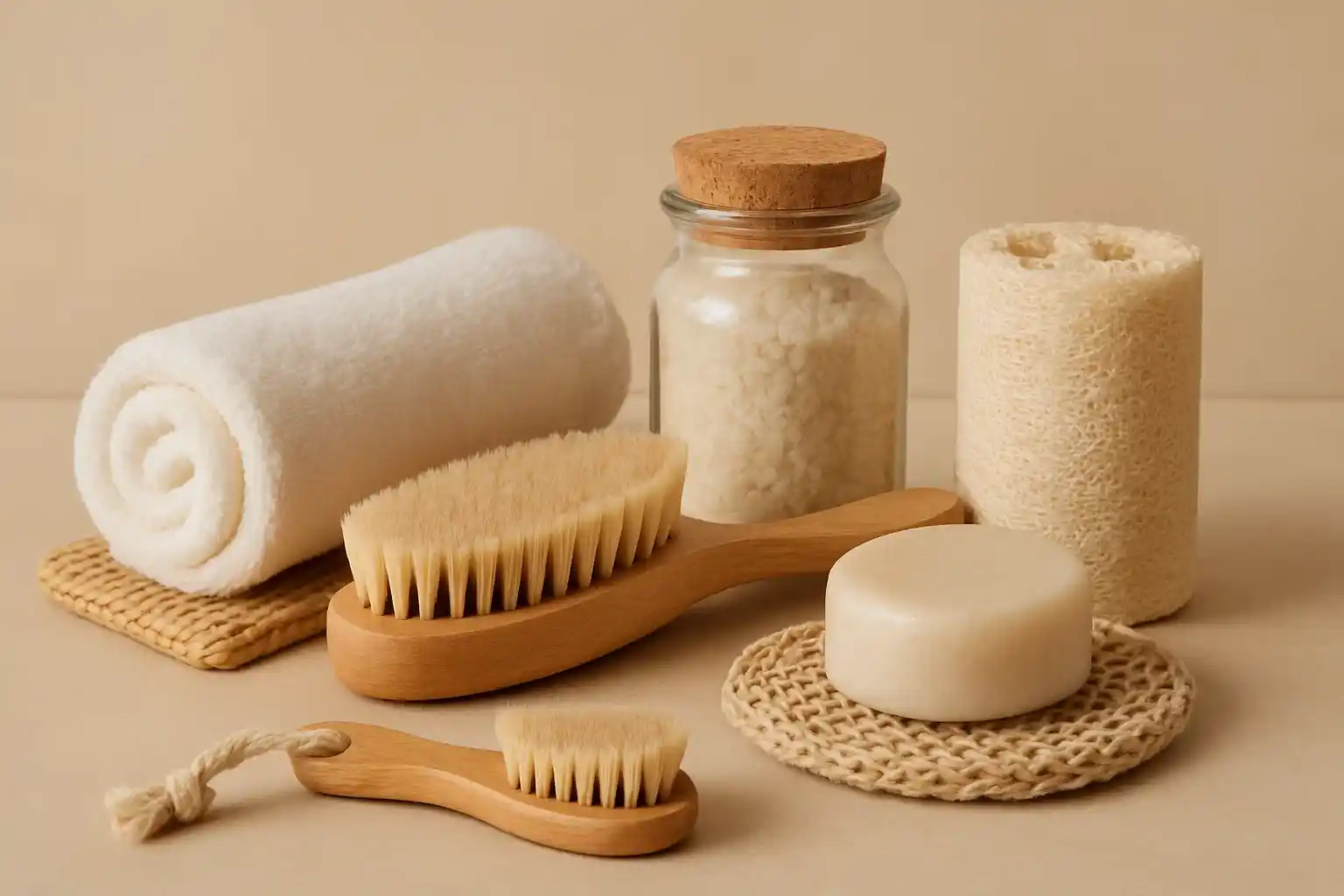
The act of exfoliation is a vital part of many personal care routines, helping to remove dead skin cells, improve circulation, and leave our skin feeling smooth and refreshed. Synthetic loofahs, typically made from plastic mesh, have become a common and affordable tool for this purpose. However, their widespread use contributes significantly to the growing problem of plastic waste and microplastic pollution. As these plastic mesh loofahs are used, they shed tiny plastic fibers that can enter our waterways and ultimately harm marine life. Furthermore, their non-biodegradable nature means they persist in landfills for centuries. For those seeking a more sustainable and less environmentally damaging way to exfoliate, nature offers a range of effective and biodegradable alternatives that provide the same skin-smoothing benefits without the plastic guilt.
The environmental impact of synthetic loofahs is considerable. Their production relies on fossil fuels and energy-intensive manufacturing processes. As they are used, they contribute to microplastic pollution, a pervasive environmental concern. Once discarded, these plastic mesh scrubbers add to the mountains of waste that accumulate in landfills, where they remain for hundreds of years. Recognizing this unsustainable cycle, many individuals are seeking more responsible and earth-friendly options for their exfoliation needs.
Fortunately, a variety of natural and plant-based materials offer excellent alternatives to synthetic loofahs. By choosing natural loofahs derived from gourds, utilizing invigorating sisal brushes made from plant fibers, or opting for durable and reusable exfoliating cloths made from natural materials like cotton or hemp, we can effectively exfoliate our skin while minimizing our environmental footprint. These alternatives are often biodegradable, come from renewable resources, and avoid the shedding of harmful microplastics, aligning our personal care with a commitment to a healthier planet.
Scrubbing Sustainably: Exploring Natural Bath Accessory Alternatives
Moving beyond the realm of synthetic loofahs reveals a wealth of effective and environmentally conscious options for exfoliation:
Natural Loofahs: The Plant-Powered Exfoliator
Natural loofahs are a fantastic and readily available alternative to plastic mesh. These scrubbers are derived from the dried fruit of the loofah plant, a type of gourd. Natural loofahs offer a gentle yet effective exfoliating texture that helps to remove dead skin cells and stimulate circulation. They are a completely plant-based and biodegradable option, returning to the earth responsibly at the end of their lifespan. Brands like EcoRoots and Well Earth Goods often offer natural loofahs that are sustainably sourced and come with minimal packaging.
Sisal Brushes: Invigorating Plant Fiber Scrubbing
Sisal brushes provide a more invigorating and often dry-brushing option for exfoliation. Sisal is a natural fiber derived from the Agave sisalana plant. These brushes offer a firmer texture that can help to stimulate lymphatic drainage and improve circulation, in addition to exfoliating the skin. Sisal is a renewable resource, and the brushes are often made with wooden handles, making them a more sustainable choice than plastic loofahs.
Exfoliating Cloths: The Reusable and Gentle Option
Exfoliating cloths made from natural materials like cotton, hemp, or linen offer a reusable and gentle way to exfoliate the skin. These cloths can be used with your favorite soap or body wash to provide a scrubbing action. Unlike disposable synthetic loofahs, exfoliating cloths can be washed and reused hundreds of times, significantly reducing waste. Their natural fiber composition also means they are biodegradable at the end of their lifespan.
Completing Your Eco-Friendly Bath Routine: Mindful Practices
Choosing natural exfoliation tools is a significant step towards a more sustainable routine, but consider these additional eco-conscious practices:
- Natural Soaps and Body Washes: Opt for soaps and body washes made with natural ingredients and minimal packaging.
- Reusable Washcloths: Use reusable washcloths made from natural fibers instead of disposable wipes.
- Mindful Water Usage: Be conscious of the amount of water you use during your shower or bath.
By consciously choosing natural alternatives for exfoliation and embracing other sustainable practices in our bathing routines, we can minimize our environmental footprint while taking care of our skin.
Related Blogs
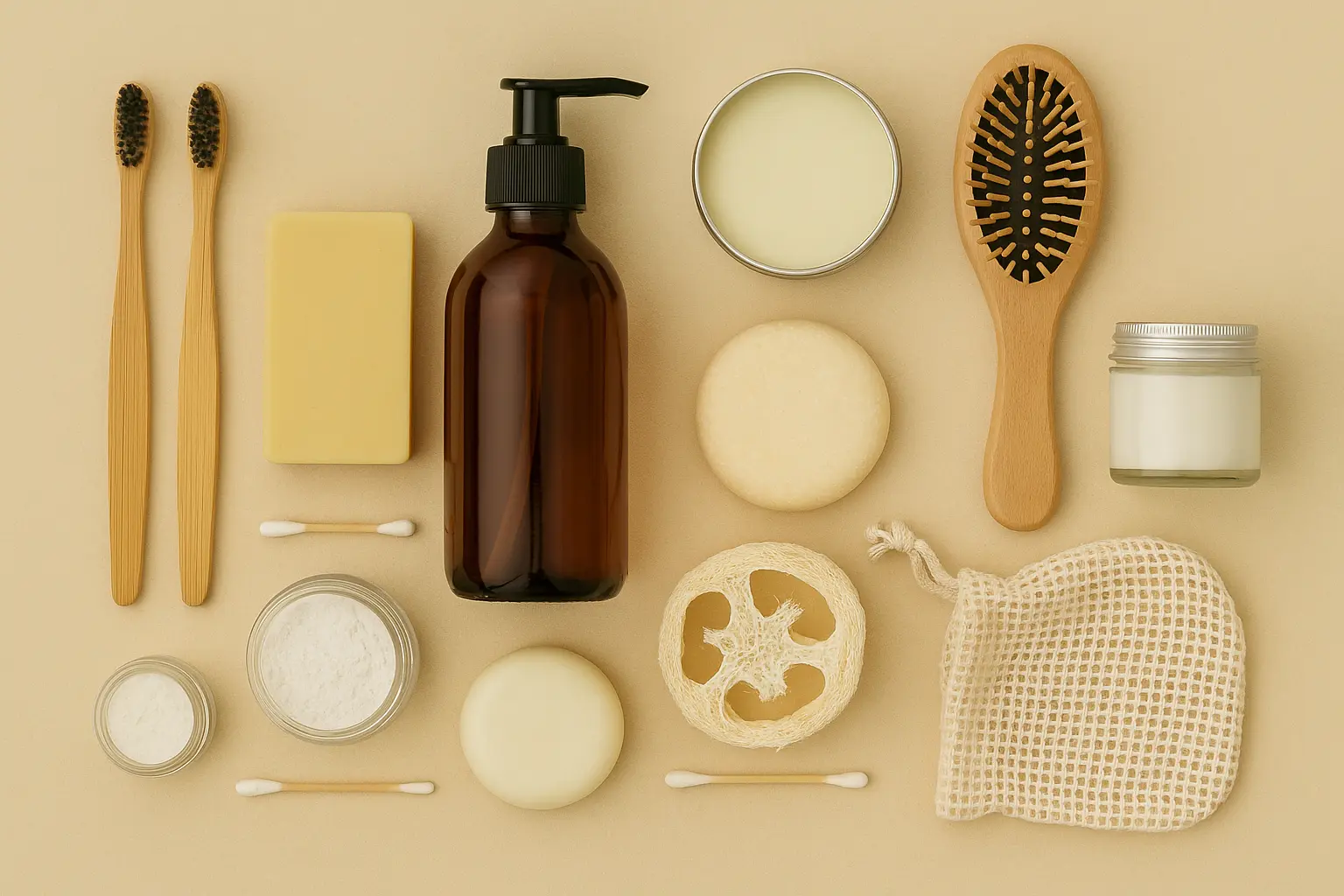
Stepping Lightly into Self-Care: Your Expansive Guide to the Best Zero-Waste Personal Care Swaps for Beginners
Insights on best zero-waste personal care swaps for beginners in a sustainable way.
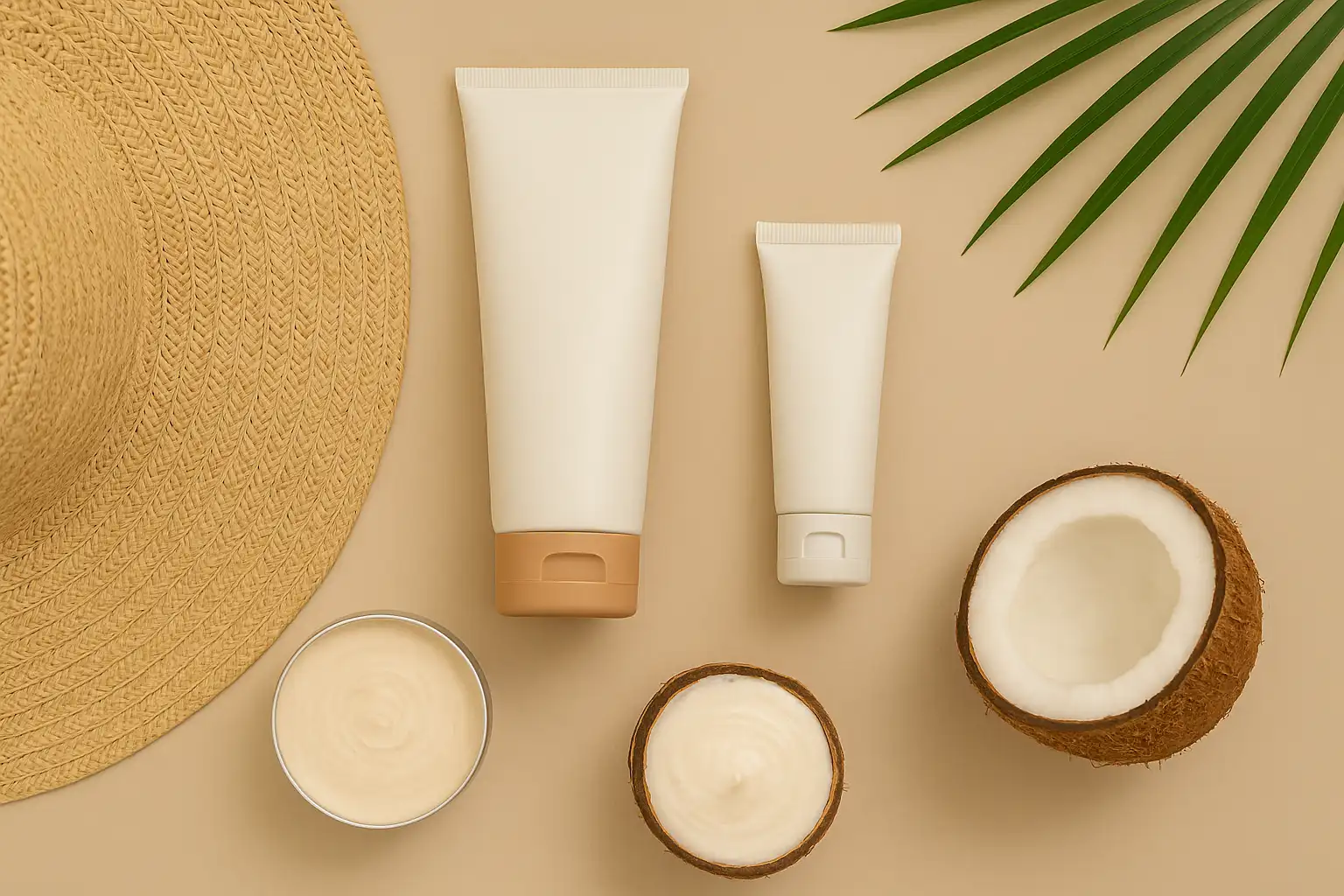
Shielding Your Skin, Protecting Our Oceans: The Essential Guide to Clean, Reef-Safe Sunscreens
Insights on clean sunscreens that don’t harm coral reefs in a sustainable way.
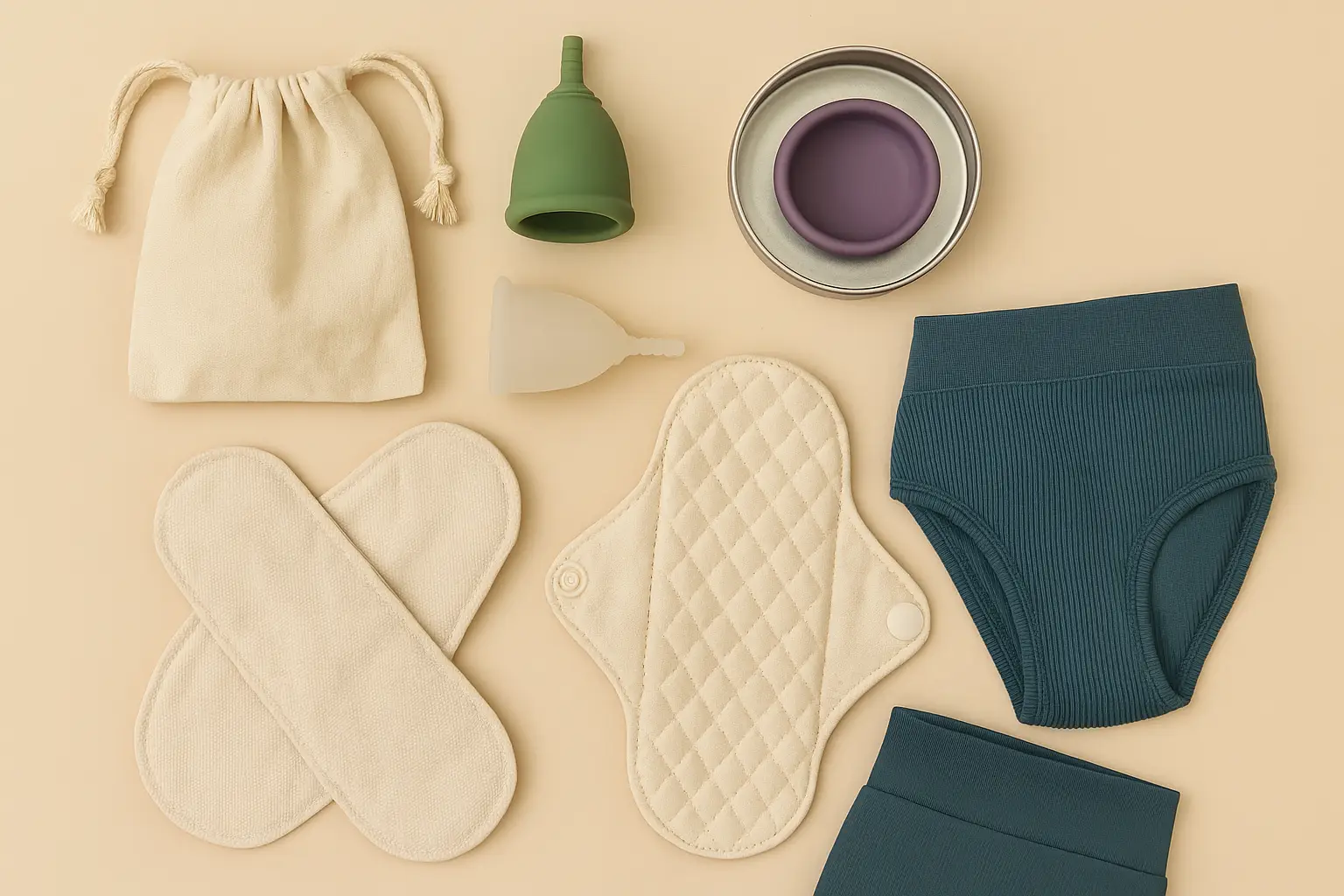
A Guide to Eco-Conscious Period Products
Insights on eco-conscious period products in a sustainable way.
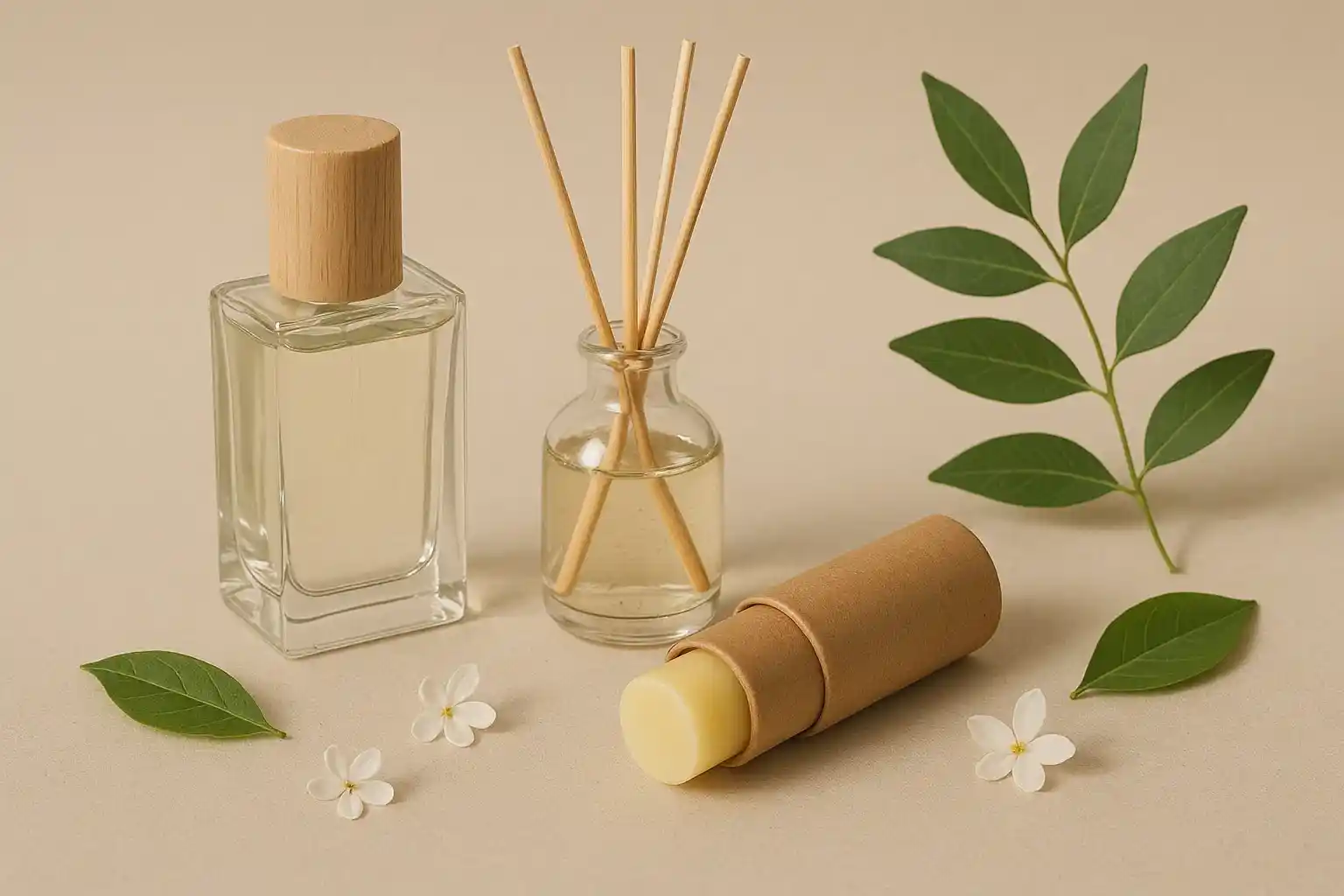
Scenting Sustainably: Choosing Eco-Friendly Alternatives to Perfume in Plastic Atomizers
Opt for solid perfumes, refillable glass bottles, or essential oil blends for fragrance without microplastics.
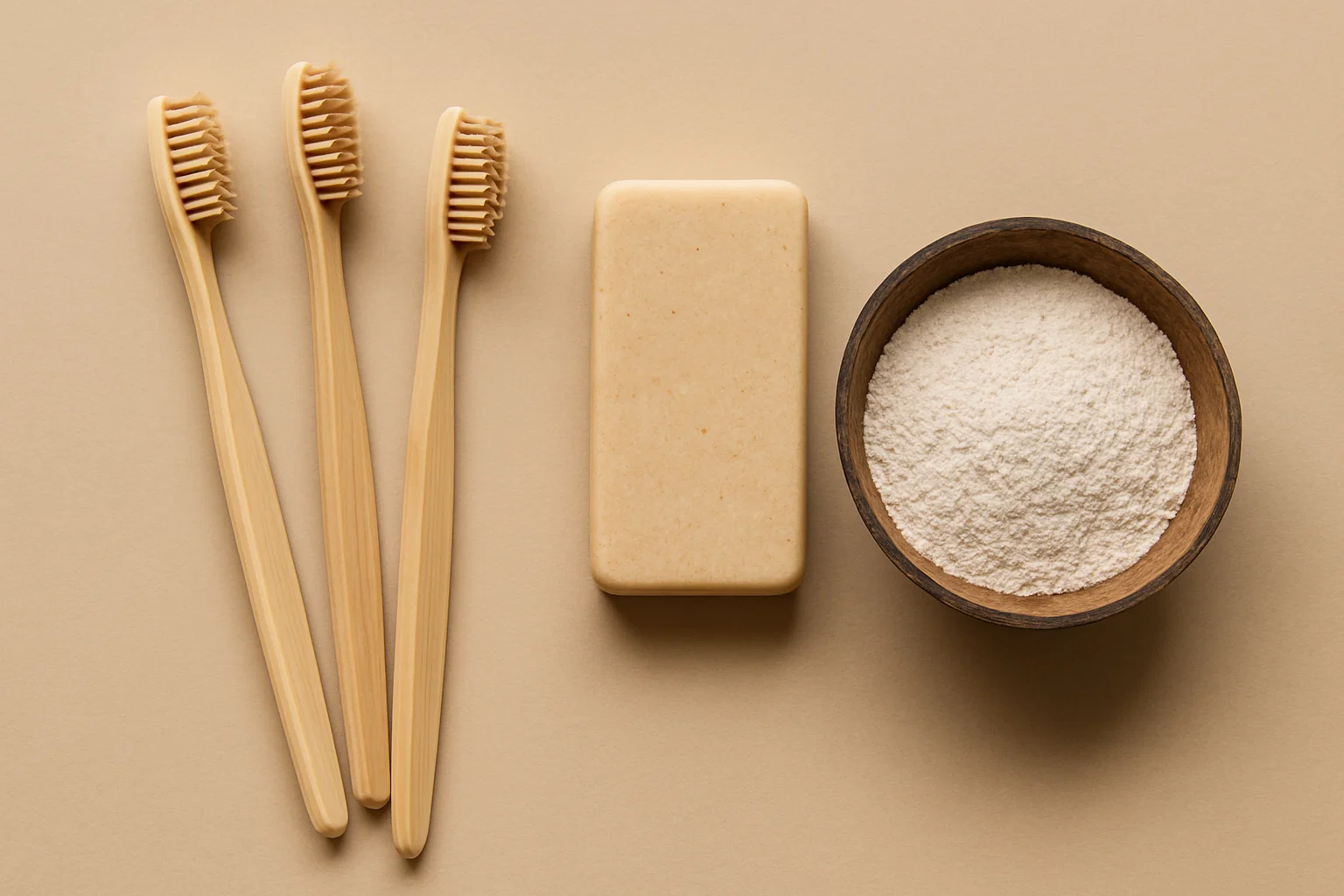
Smile Sustainably: Your Guide to Eco-Friendly Alternatives to Plastic Toothbrushes
Choose bamboo toothbrushes, recyclable heads, or miswak sticks for plastic-free dental care.
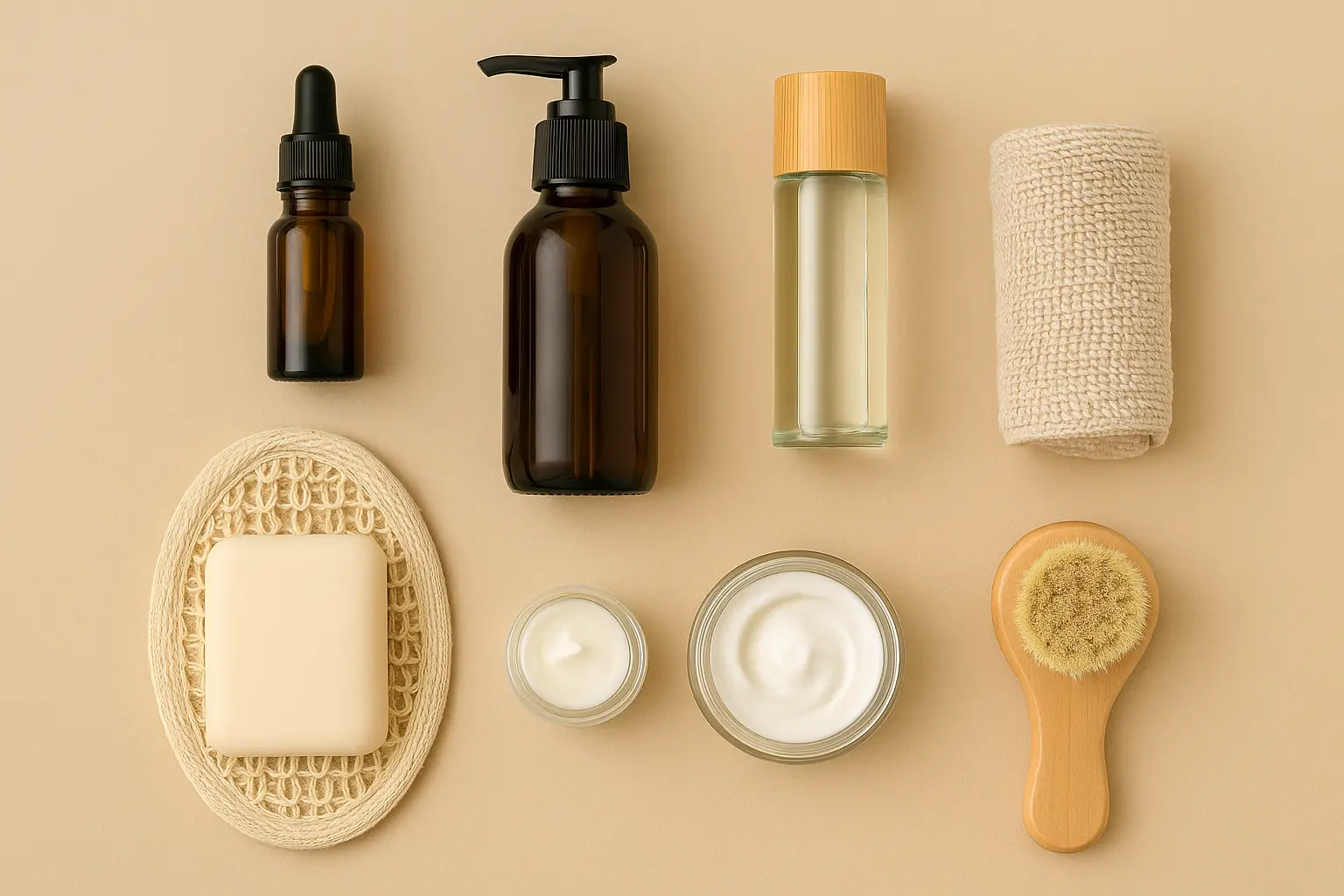
Uncomplicating Your Glow: Your Guide to Building a Minimalist Skincare Routine
Practical advice and actionable tips for how to build a minimalist skincare routine.
Stay in the Loop
Get tips and insights tailored to your interests — no spam, just sustainability.